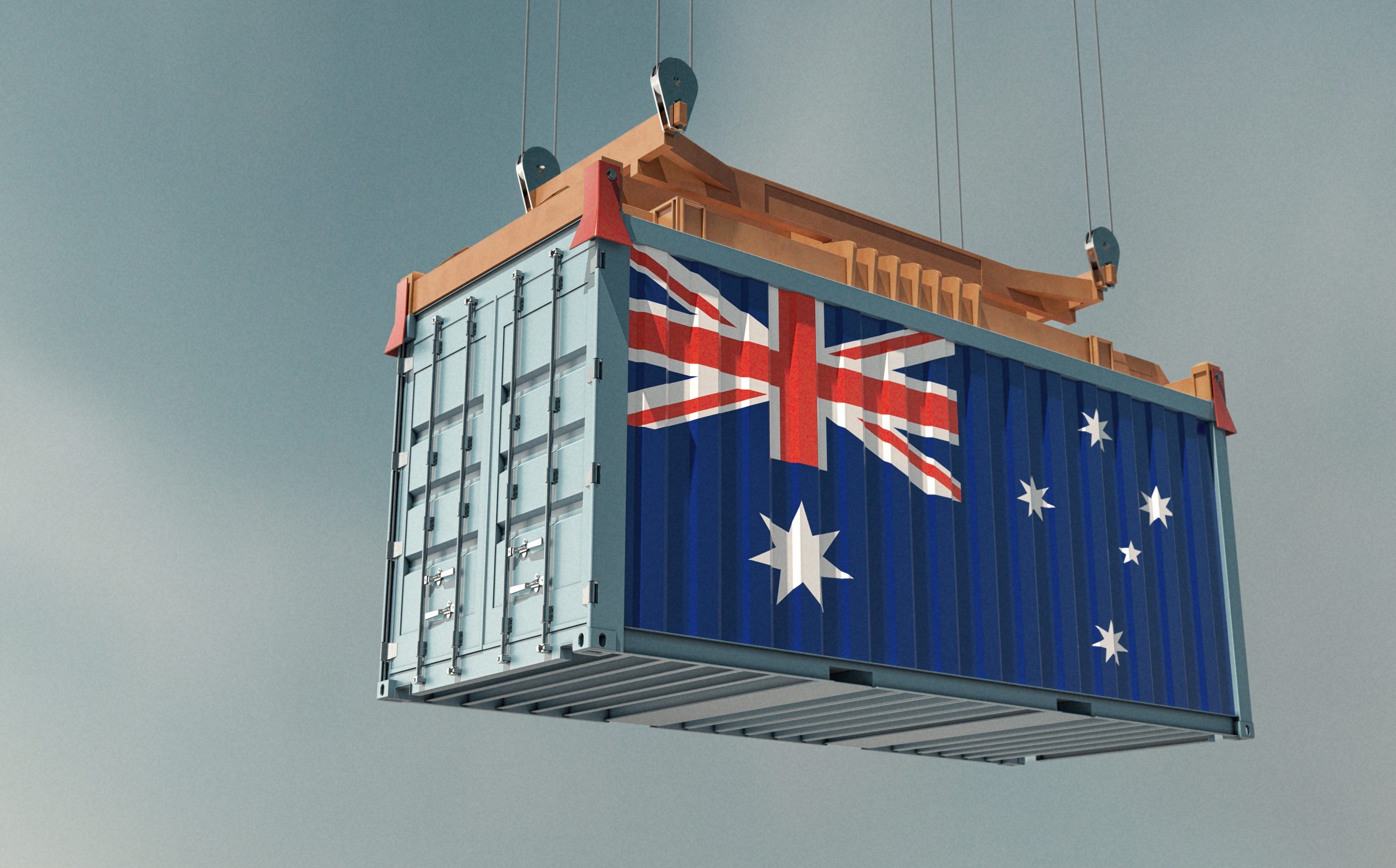Trade partnerships play a crucial role in fostering economic growth and cooperation between nations. One such dynamic relationship that has been gaining momentum in recent years is the trade between India and Australia. Both countries, with their diverse economies and strategic locations, have recognized the immense potential for collaboration, resulting in a flourishing trade partnership. In this blog, we will delve into the key aspects of the trade relationship between India and Australia, exploring its significance, recent developments, and future prospects.
Historical Context:
The trade ties between India and Australia can be traced back to colonial times when Australia served as a reliable supplier of goods to the British Raj. However, it was not until the turn of the 21st century that both countries started prioritizing and actively pursuing bilateral trade. Over the years, the relationship has matured significantly, with an increasing focus on trade in goods, services, and investments.
Trade in Goods:
India and Australia have witnessed a notable rise in bilateral trade in goods. In recent years, commodities such as coal, natural gas, copper, and gold have been the backbone of this trade relationship. Australia, as a leading exporter of natural resources, meets India’s growing energy and resource demands. On the other hand, India, with its booming consumer market, provides a significant avenue for Australian agricultural products, including pulses, wheat, and dairy products.
Services and Investments:
Apart from goods, the trade relationship between India and Australia has also expanded to include services and investments. India’s IT prowess has attracted Australian companies to outsource software development and IT services to Indian firms. In return, Australia has become an attractive destination for Indian students pursuing higher education, contributing to the growth of educational services. Both countries have also witnessed increased investments in sectors such as healthcare, infrastructure, and renewable energy, further deepening economic ties.
Recent Developments:
In recent years, there have been several significant developments that have further enhanced trade ties between India and Australia. One of the notable milestones was the Comprehensive Economic Cooperation Agreement (CECA) negotiations initiated in 2011. Although the negotiations have experienced some roadblocks, both countries remain committed to achieving a mutually beneficial agreement that covers trade in goods, services, and investment.
Furthermore, the launch of the Australia-India Business Exchange (AIB-X) in 2020 has provided a platform for businesses from both countries to connect and explore new trade opportunities. The AIB-X aims to facilitate collaborations in sectors such as agribusiness, resources and energy, health and pharma, education, and tourism.
Future Prospects:
The future looks promising for the trade relationship between India and Australia. Both countries have identified areas of mutual interest and growth potential. One such area is the renewable energy sector, where India’s expertise in solar power and Australia’s resources in wind and solar energy can pave the way for fruitful collaborations. Additionally, the agriculture and food processing sectors hold great potential for expanding trade, given India’s increasing food demand and Australia’s agricultural capabilities.
The growing digital economy and e-commerce present another avenue for collaboration. With India being a major market for technology and digital services, Australian companies can tap into this vast consumer base, while Indian businesses can leverage Australia’s advanced technology and e-commerce expertise.
Conclusion:
The trade relationship between India and Australia has evolved significantly over the years, driven by shared economic interests and strategic cooperation. As both countries continue to explore new avenues for collaboration and overcome challenges, the trade partnership is expected to grow even stronger. With the potential for increased trade in goods, services, investments, and new emerging sectors, the India-Australia trade relationship holds immense promise, benefiting both nations and fostering regional economic integration.


